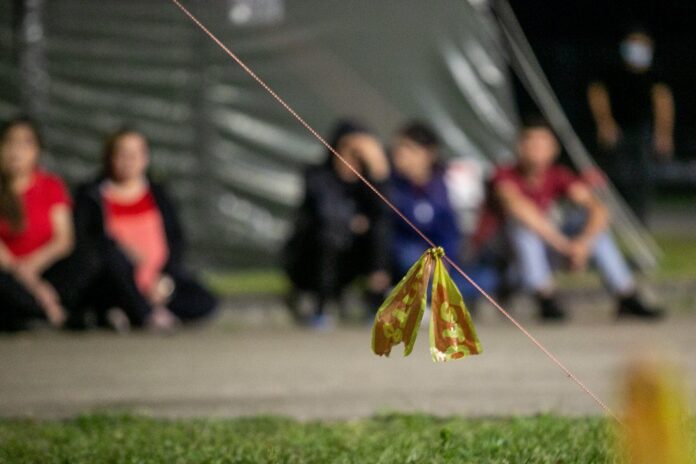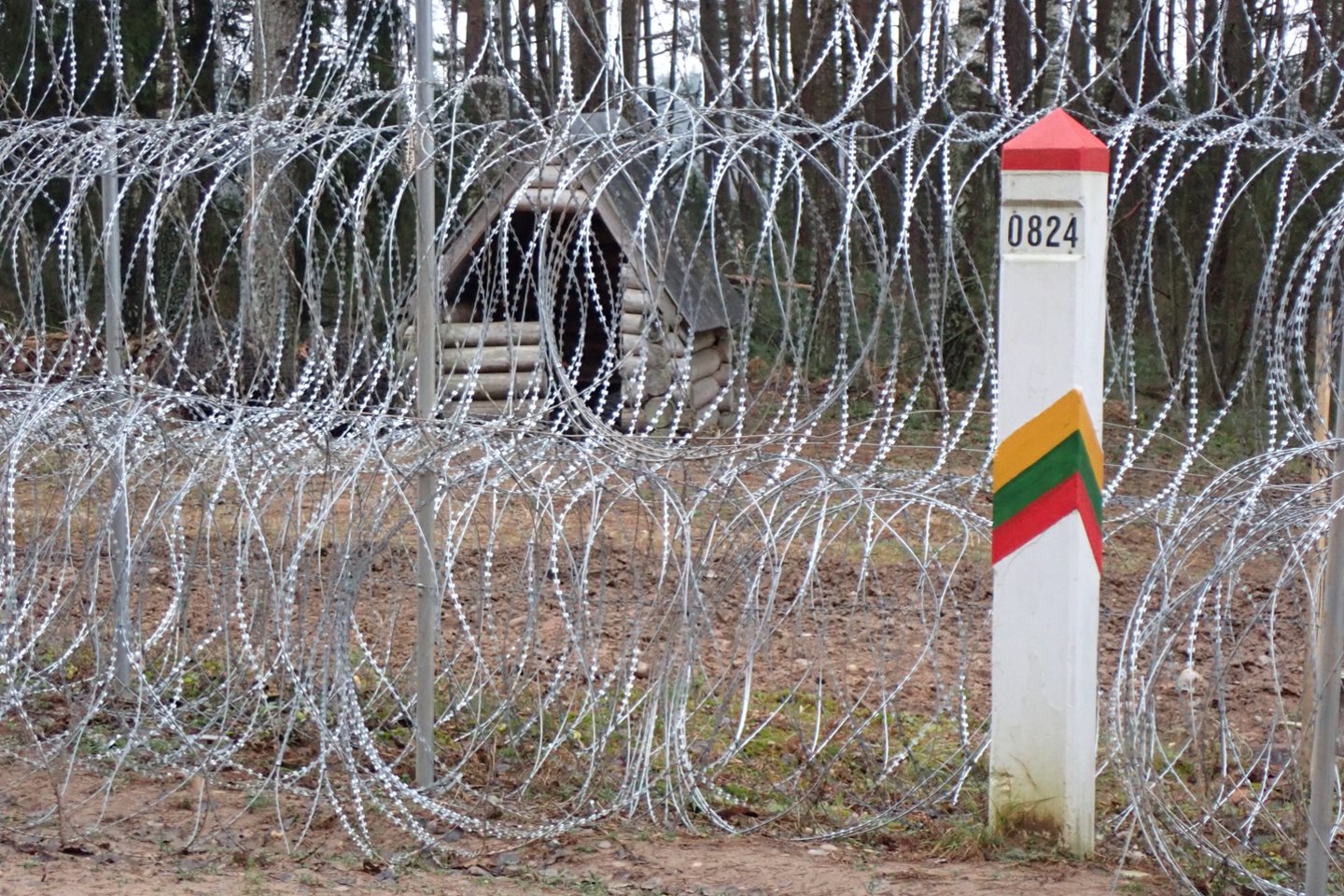
The Council of the European Union reached a preliminary agreement on a new migration policy and the introduction of a mandatory solidarity mechanism, reports BNS. The Interior Ministry announced on June 9 that under the new rules, Lithuania would have to take in 158 migrants who have entered the EU irregularly or pay 3.18 million euros a year.
“This decision still needs to be debated and a decision on it should be made,” Interior Minister Agnė Bilotaitė told reporters. “I cannot comment today but I can only say that we will have a choice and the opportunity to pick the solution that is the most appropriate for our country.”
The new migration policy foresees the mandatory participation of member states in the solidarity mechanism, the ministry said. Each member state’s contribution, either a certain number of resettled asylum seekers or fixed-sum payments, will be calculated annually based on the country’s population and GDP.
“Based on the foreseen minimum figures, this will amount to 30,000 resettled persons per year and 600 million euros in financial support. In Lithuania’s case, this would be 158 persons or 3.18 million euros per year,” the Interior Ministry estimates. Lithuania has the required infrastructure and would be ready to receive migrants, the ministry added.
 The agreement, which required the consent of a majority of countries representing at least 65 percent of the bloc’s population, was reached on June 8 following years of debates.
The agreement, which required the consent of a majority of countries representing at least 65 percent of the bloc’s population, was reached on June 8 following years of debates.
Lithuania, Slovakia, Bulgaria and Malta abstained during the vote, while Poland and Hungary voted against.
According to Interior Vice Minister Arnoldas Abramavičius, “The mechanism is unlikely to be predictable as the regulation will only set a minimum solidarity threshold and the scope of solidarity will change every year according to the European Commission’s recommendation.”
“Moreover, the efforts of EU member states with an external border in the area of border security will not be taken into account when deciding on the level of solidarity contributions,” the vice minister added. The negotiations, however, succeeded in allowing reduced solidarity contribution if a member state faces a difficult situation, Abramavičius said in reference to the ongoing border crisis with Belarus.
According to Bilotaitė, Lithuania “participated very constructively” in all the discussions and expressed its support for the agreed principle. “But for us, as a country, the instrumentalization of migrants is an aspect of national importance,” she said in reference to Belarus. “Our goal was to have instrumentalized migration as a separate article because it’s very important for us and our position on that has been consistent,” she added. Lithuania does not believe its interests have been adequately taken into account.
Currently, the majority of irregular migrants in the European Union come to Greece and Italy from Africa. The Baltic states and Poland have seen an increase in irregular migration via Belarus amid what officials call an orchestrated crisis by the Minsk regime.



























